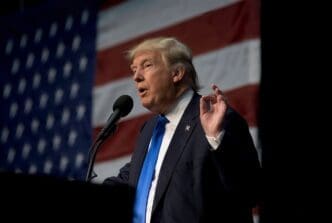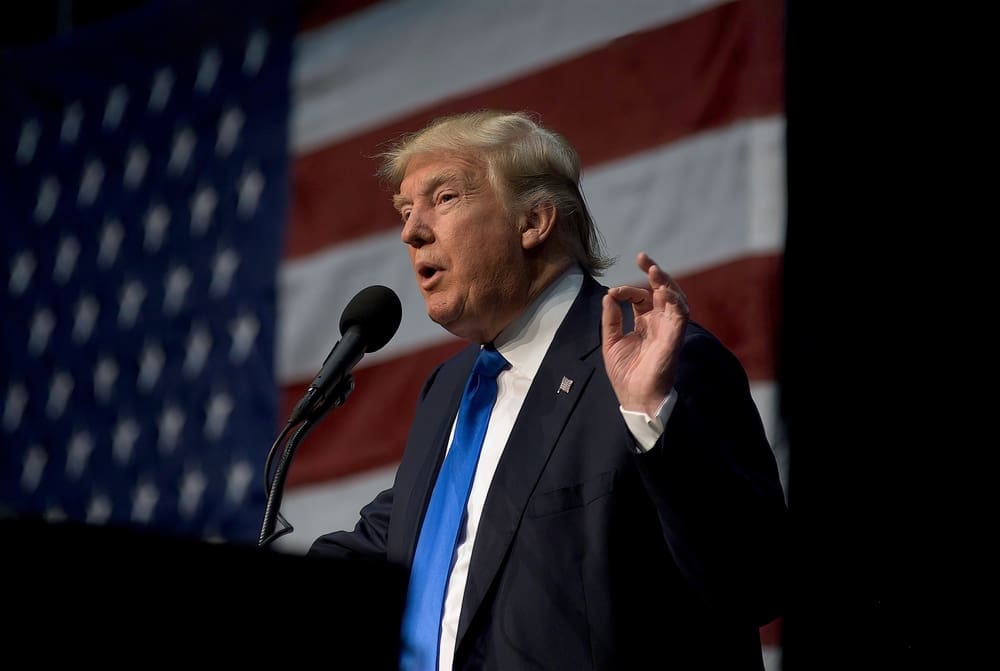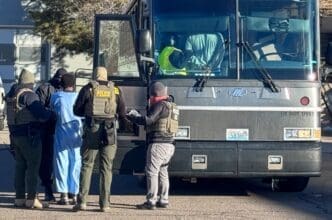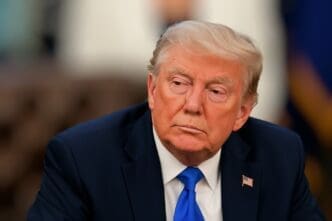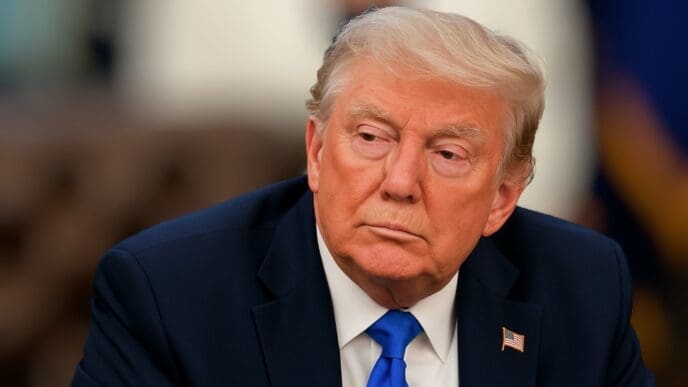Executive Summary
The Story So Far
Why This Matters
Who Thinks What?
President Donald Trump is systematically implementing initiatives that analysts suggest aim to reduce the autonomy and political strength of Democratic-leaning major cities, which have historically served as centers of opposition to his agenda. Recent high-profile actions include taking control of law enforcement in Washington, DC, advocating for new congressional district lines in certain states, and proposing an unprecedented “redo” of the 2020 census. These efforts are seen as part of a broader strategy to exert federal influence over urban areas.
Confrontational Approach to Urban Centers
This approach builds on existing pressures from the Trump administration, such as aggressive immigration enforcement, proposed cuts in federal research funding for major university-centric metros, and threats to withhold federal funding from jurisdictions that resist conservative policies on issues like immigration, education, homelessness, and policing. Despite major metropolitan areas being key drivers of the nation’s economic growth and innovation, President Trump has often framed large cities as political threats rather than economic assets. His rhetoric has, at times, described American cities with Democratic mayors as “dystopian.”
Federal Law Enforcement and Military Deployment
One visible aspect of this strategy involves deploying federal law enforcement and military personnel into cities, often over the objections of local officials. Trump has consistently fulfilled campaign pledges from 2024 to deploy the National Guard and potentially active-duty military to address crime, clear homeless encampments, and support mass deportation programs. In Washington, DC, hundreds of National Guard troops have been deployed, and President Trump has utilized federal law to temporarily take control of the city’s police department.
Experts note that replicating the DC deployment in other jurisdictions could face significant legal hurdles, including the Posse Comitatus Act, which generally prohibits military involvement in domestic law enforcement. While the Insurrection Act could potentially override this, widespread military deployment for domestic missions could carry profound consequences. Observers suggest such actions risk normalizing the sight of heavily armored military forces routinely patrolling city streets, an image historically associated with authoritarian regimes.
Redistricting and Census Initiatives
Beyond law enforcement, President Trump’s administration is also involved in efforts that could ‘disempower’ large metropolitan areas through redistricting and census changes. In Texas, for instance, Republicans are pursuing a mid-decade congressional redistricting, reportedly at Trump’s urging, that would reduce the number of US House districts representing major Democratic-leaning metropolitan areas like Dallas, Houston, and Austin.
Furthermore, calls from Trump and Vice President JD Vance to “redo” the 2020 census, partly to exclude undocumented immigrants, could further marginalize cities. While such a move would face numerous legal and logistical obstacles, and its impact on the blue-to-red state influence shift is debated, it underscores a broader aim to redefine political representation.
In summary, President Trump’s administration is pursuing a multi-faceted strategy that appears aimed at asserting federal authority and diminishing the political influence of major Democratic-leaning cities. These efforts span law enforcement, electoral redistricting, and census policy, reflecting a systematic approach to reshape the balance of power between federal and urban jurisdictions.

